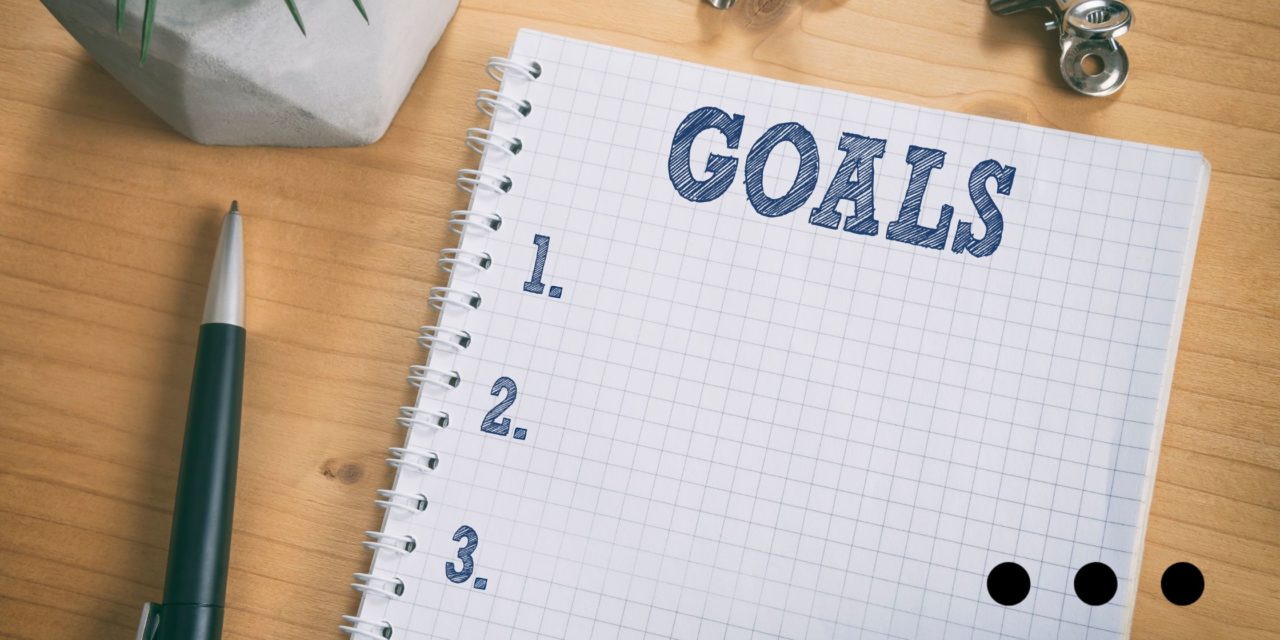Hate ‘em or love ‘em, New Year’s resolutions can be a powerful catalyst for change. It’s a time of year that we’ve come to associate with starting over, wiping the slate clean, and becoming a better version of ourselves. For a person who’s struggled with addiction, a new year can be the perfect motivation for leaving drugs behind once and forever. No matter what stage of the recovery journey you are in, here are 5 sobriety goals worthy of the new year.
Sobriety Goals You Should Have For the New Year
Resolutions get a bad rep for being something that everybody eventually gives up on, but that doesn’t have to be the cause for you. Did you know that there’s a trick to setting New Year’s resolutions?
The key is that they shouldn’t be so large or vague that they feel unachievable. Doing so is just setting yourself up for failure. Instead, use the S.M.A.R.T. method to create specific goals:
- Specific
- Measurable
- Achievable
- Relevant
- Time-bound
Use this approach to tailor the sober goals suggested below to fit your lifestyle and goals. Most importantly of all, remember to keep these resolutions realistic.
- Take on a new hobby
Learning to live a sober lifestyle means finding new ways to pass time without drugs or alcohol. The best way to do this is to find something you enjoy and make it a regular part of your life.
Hobbies can be something creative (i.e. painting, knitting, ceramics, music); something constructive (i.e. cooking, sewing, volunteering); or something that challenges you (i.e. sports, puzzles). Not only do they make for a great way to pass the time, but they can serve as a healthy outlet that helps you work through moments of hardship.
Keep in mind that hobbies don’t have to be something that you’re good at. As long as you enjoy the activity and it brings you joy, it’s a worthwhile undertaking that you should continue doing.
- Expand your social circle
Odds that your days of addiction may have isolated you from friends and family. Having social support is one of the best ways to lower your risk of relapse and improve your odds of successful recovery.
Use the new year as a chance to improve your social life, whether it’s meeting new people or rebuilding past relationships. Looking in the places where other people in recovery gather is a great start. There you’ll meet people who have gone through similar experiences and have the same (sober) goals.
- Say “no” more often
Sometimes in our efforts to be agreeable, likable, and avoid causing a fuss, we’ll agree to do things that go against what we actually should be doing. When you make a point to become more comfortable with saying ‘no’ you are putting your recovery above all else.
If you’re worried that you’ll upset people, just remember that people who really care about you will respect your decisions. They won’t make you feel bad for setting boundaries and doing what you think is best for yourself.
Start small by politely giving your ‘no thanks’ to things like refills or getting a receipt from the store. In these inconsequential interactions, you likely don’t think twice about declining what you don’t want. Carry that same attitude when you’re facing pressure to do things that could jeopardize your recovery.
- Reach out for help (and be willing to accept it)
Sometimes, our pride can make asking for help—and accepting help—hard to do. This is a no-win situation that could ultimately lead to putting distance between yourself and the people that care about you.
In the upcoming year, promise to put your pride aside and accept any aid that others are willing to give. This is a pillar of 12-step recovery groups like Alcoholics Anonymous.
- Forgive your failures
The most important sober goal to have is to be kind to yourself in instances where you fall short of any of these resolutions. You are human. Your motivation, energy levels, and mental health are going to fluctuate daily and you’re not always going to feel 100% or be able to give your 100%.
That’s okay!
As long as you don’t lose sight of what you are working towards—and beat yourself up for faltering—you’ll still ultimately end up becoming a better version of yourself that your past self would be proud of.
If you’re having a hard time with your recovery, whether it’s from minor setbacks or a major relapse, you don’t have to bear those feelings on your own. Joining a peer-based recovery group can provide the support that helps you stay the course. Find AA near you today.

